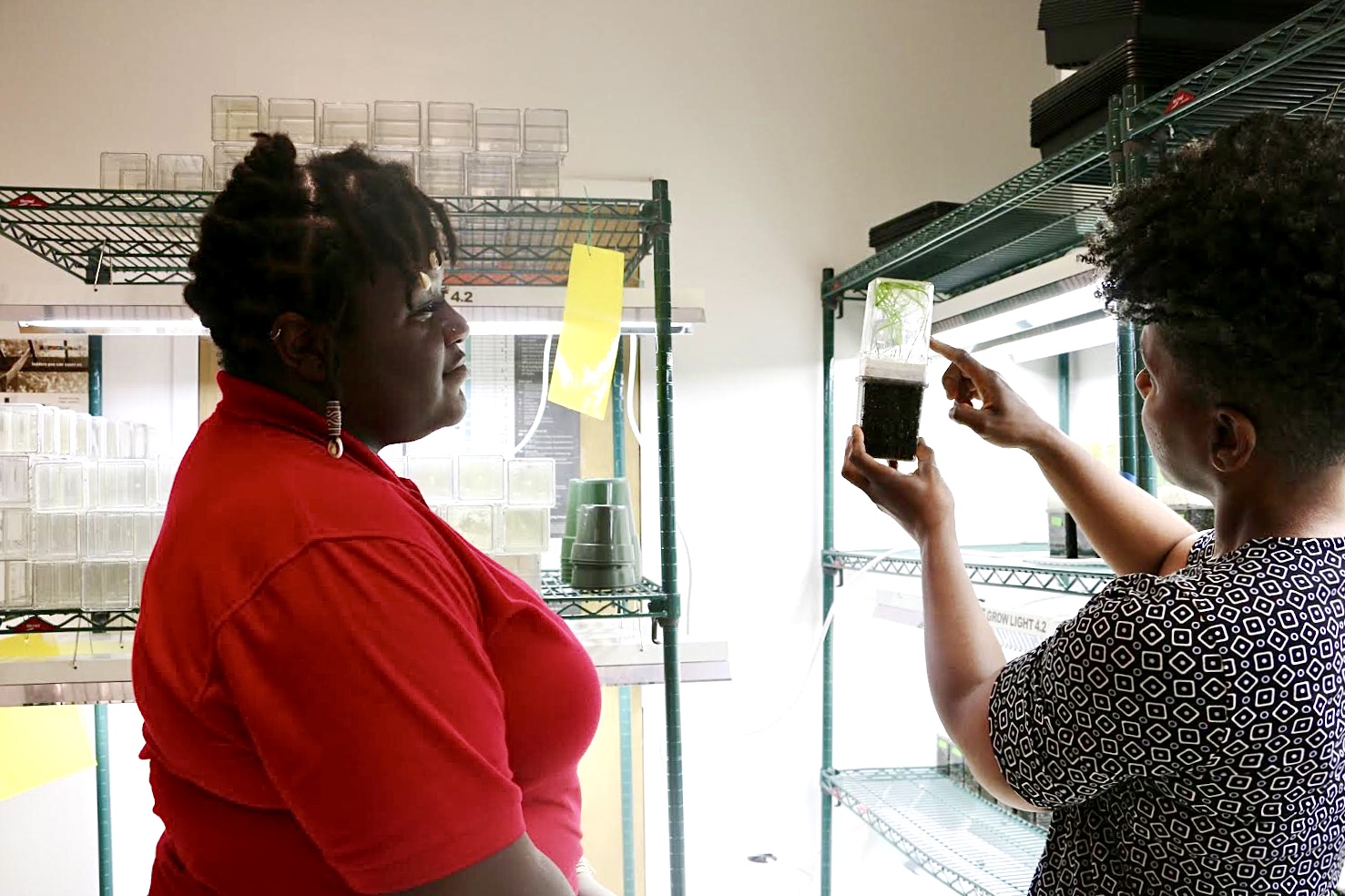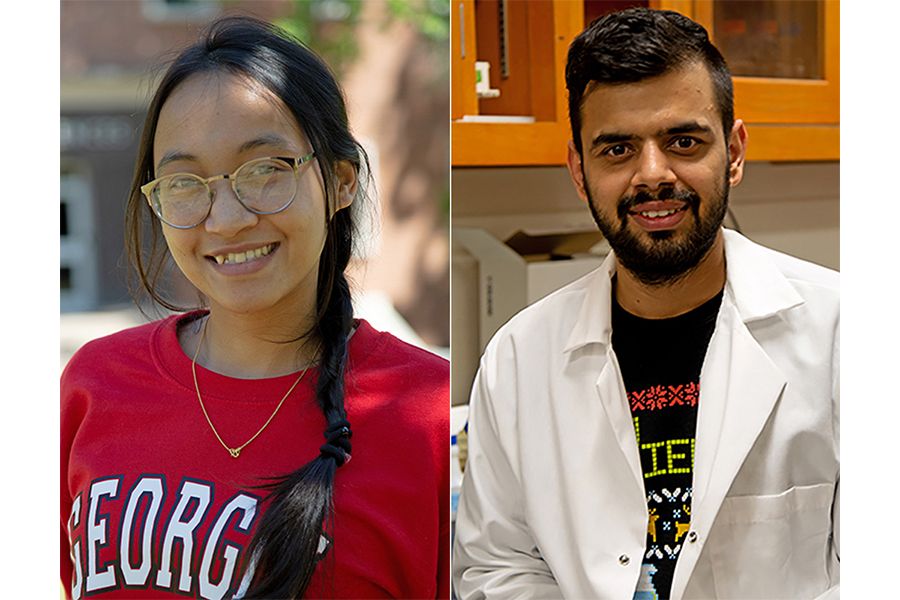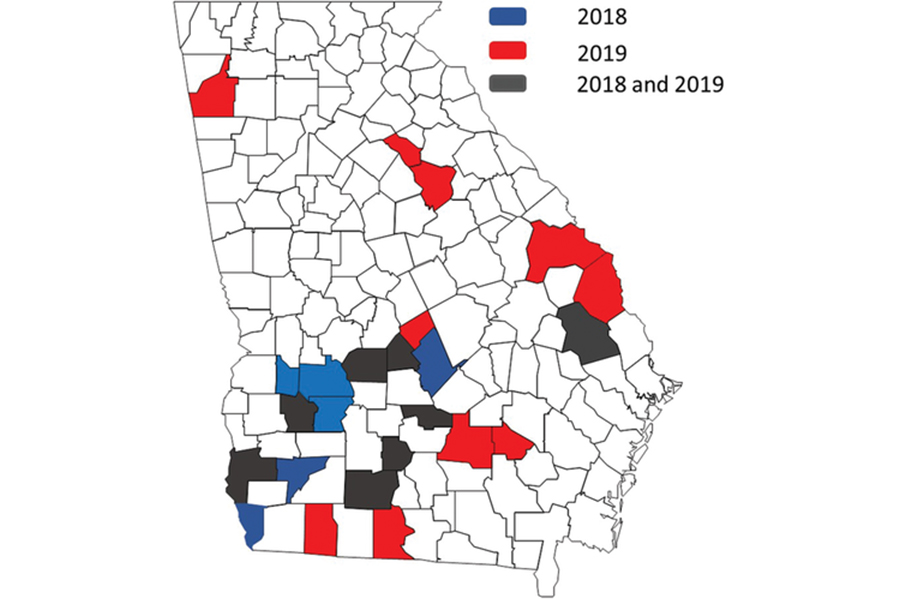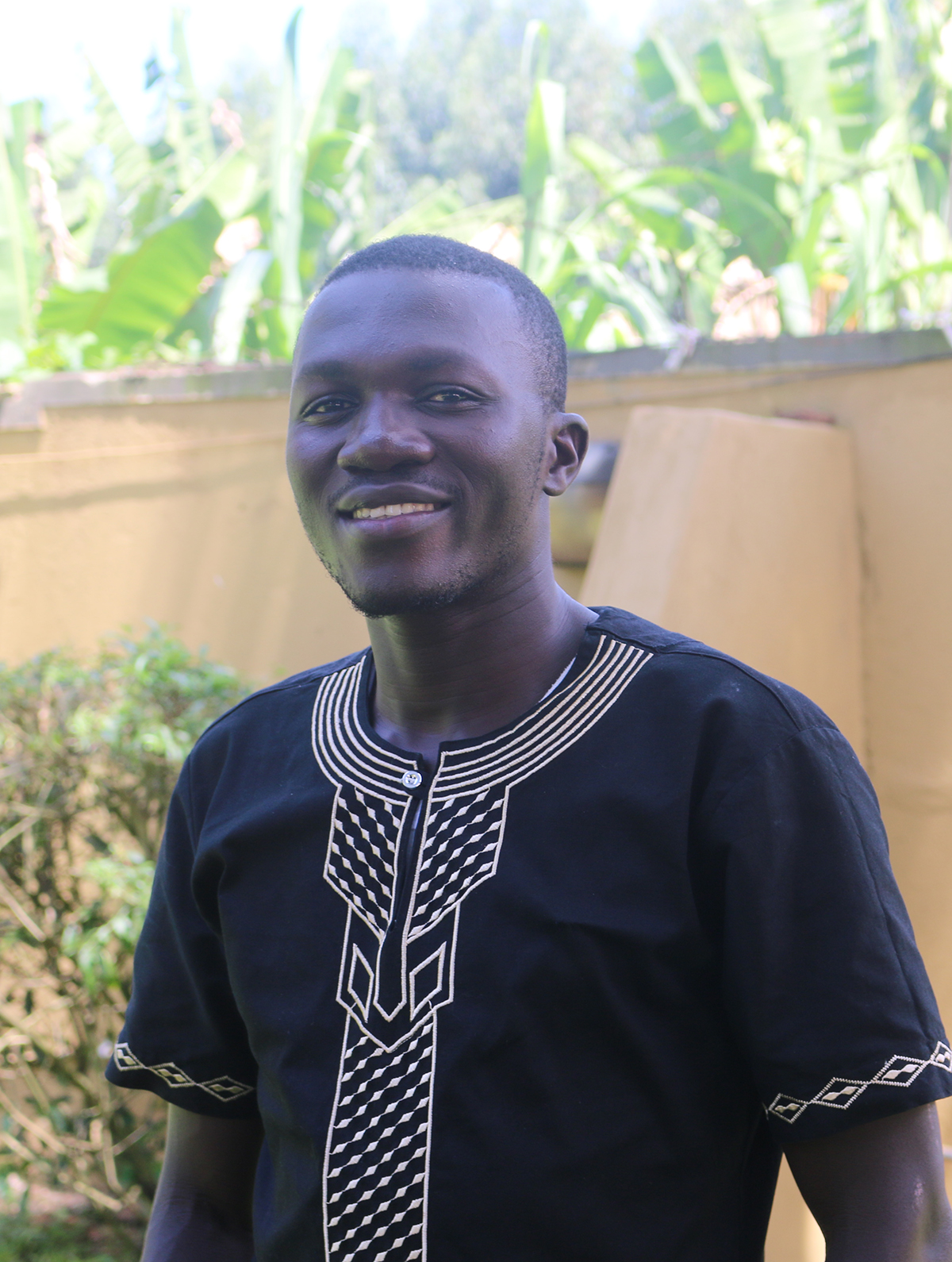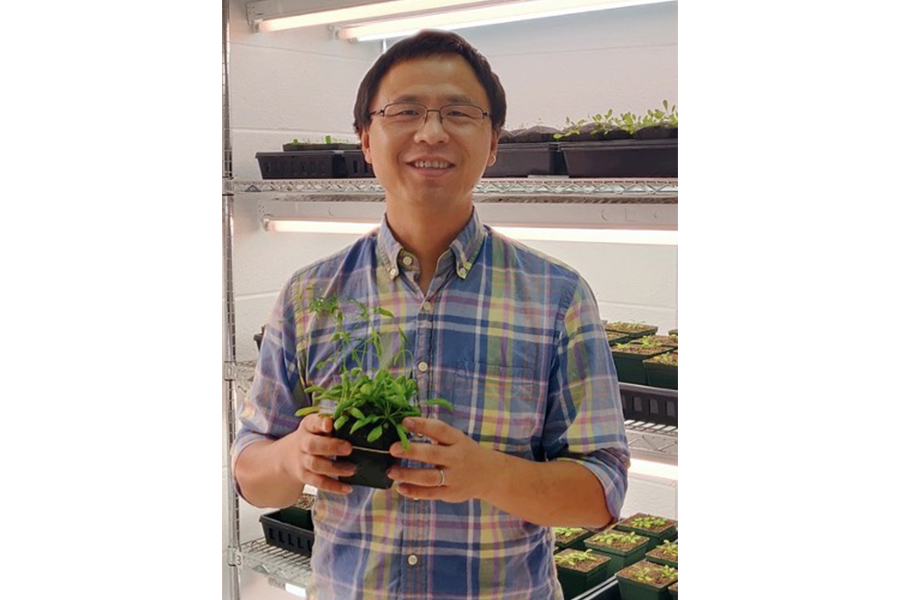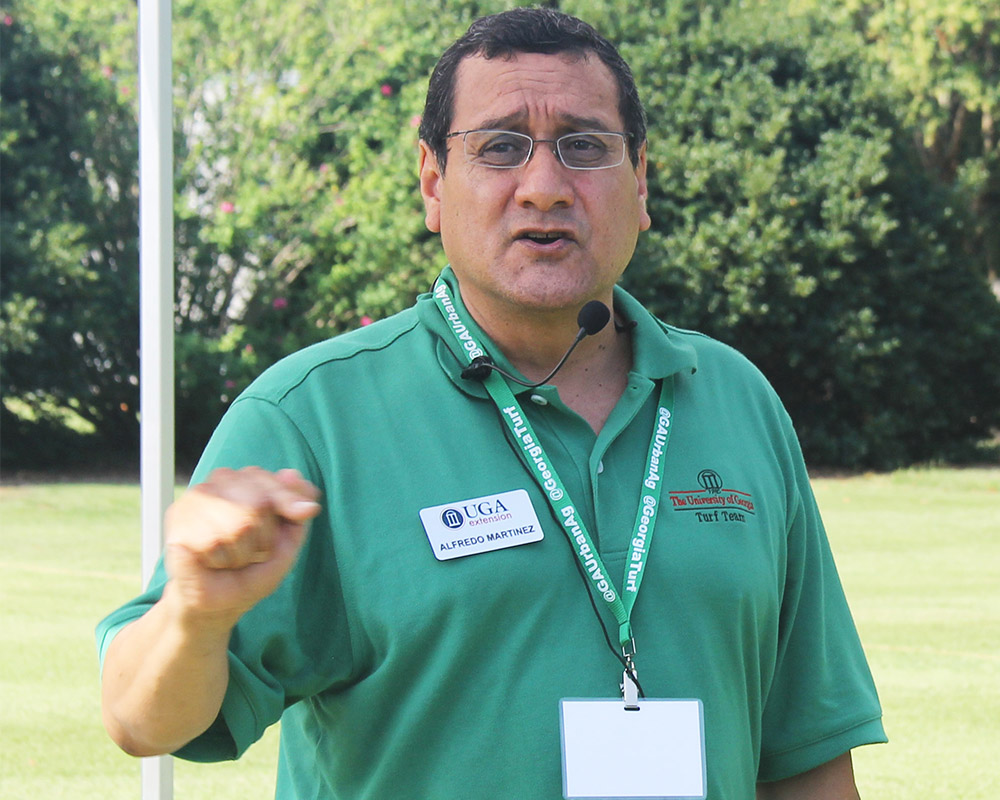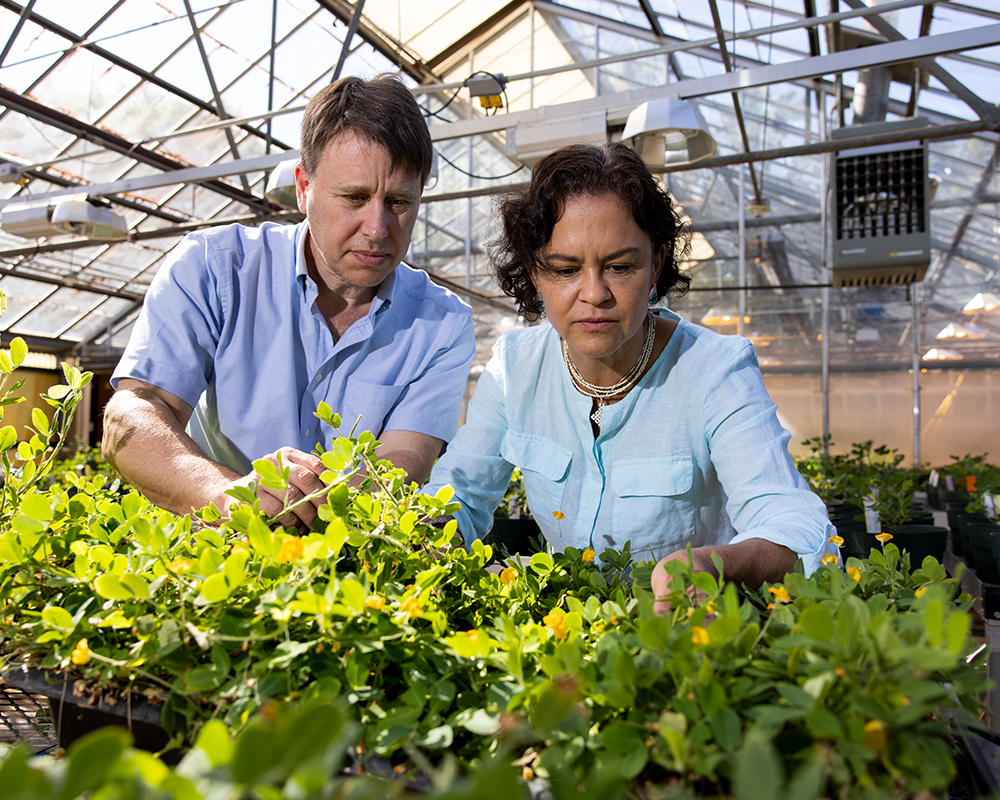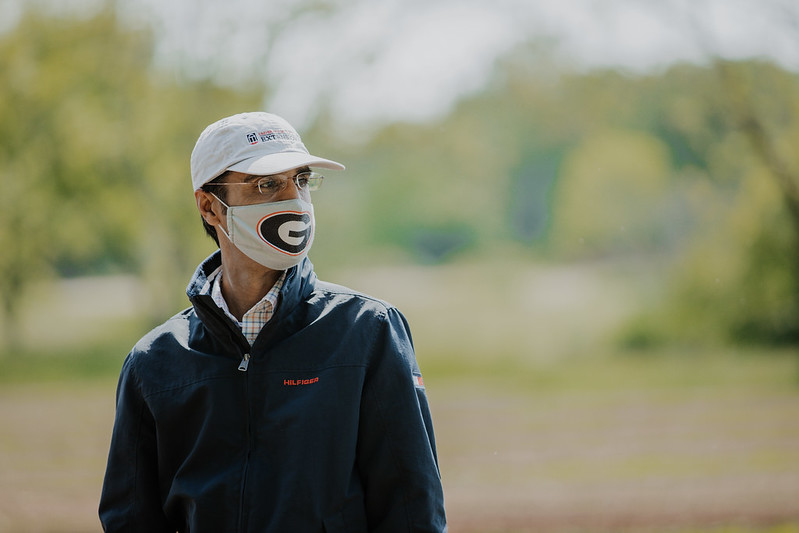 CAES News
CAES News
IPM Grant
An impressive team of University of Georgia researchers has received $765,000 from the U.S. Department of Agriculture’s National Institute of Food and Agriculture Crop Protection and Pest Management Program to support the continuation of integrated pest management (IPM) programming throughout the state over the next three years.


